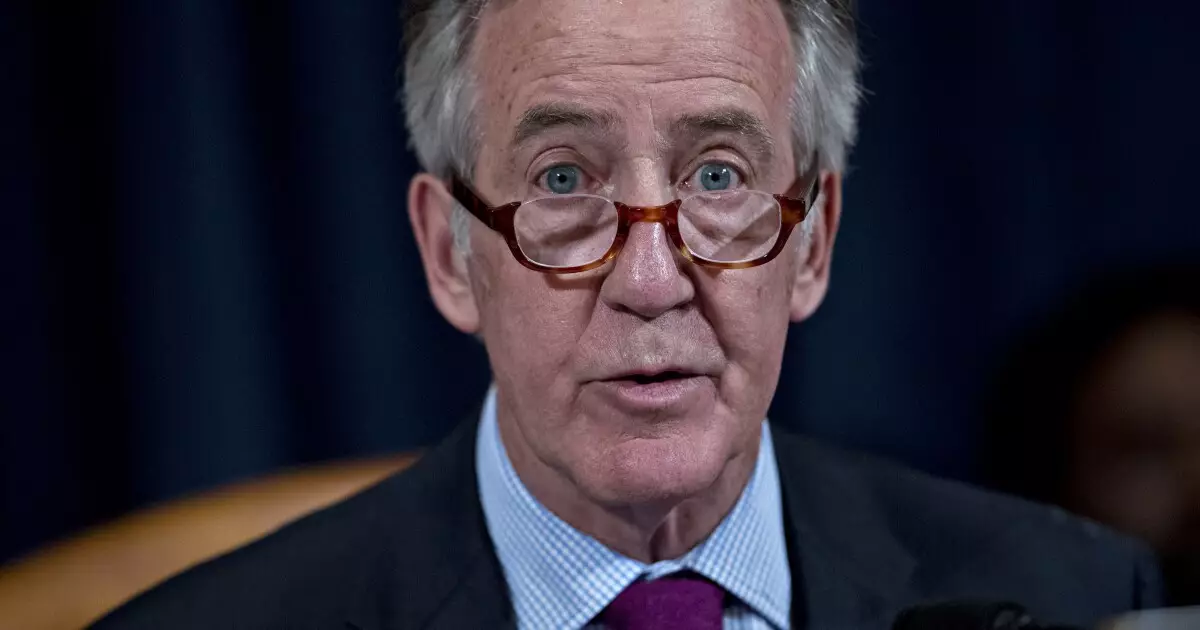The outcomes of the upcoming federal elections are set to reshape the landscape of congressional leadership and policy formulation, with significant implications for tax and infrastructure initiatives. As voters prepare to head to the polls, the intense competition for a limited number of Senate and House seats could determine the fate of crucial committees that influence municipal finance and tax legislation. The stakes are particularly high this election cycle, as both parties view control over congressional chambers as instrumental in pushing their agendas forward.
With 34 Senate seats up for grabs, the balance of power is precariously poised. For Democrats, flipping four seats could yield a majority in the Senate, a scenario that would markedly alter the legislative agenda. Currently, the Cook Political Report has identified 22 House contests as toss-ups, reinforcing the unpredictable nature of the election outcomes. Most surveys imply a slight Republican advantage in the Senate, while the House appears to tilt toward the Democrats. However, should party control switch, the ascension of leaders on key committees, especially those impacting tax policy, is highly likely.
In a Republican-controlled Senate, Senator Mike Crapo, heralded for his fiscal conservatism, would likely chair the Senate Finance Committee. Crapo has been vocal about the implications of the impending expiration of certain provisions under the Tax Cuts and Jobs Act (TCJA). He has recently suggested avenues to mitigate the fiscal impacts, advocating for extensions of current tax laws without necessitating offsetting expenditures. This strategy could hold significant ramifications for the tax-exempt status of municipal bonds, currently under scrutiny for possible revenue generation.
Implications for the Banking and Housing Committees
The Senate Committee on Banking, Housing, and Urban Affairs is poised for transformation, particularly if current Chair Sherrod Brown, a Democrat from Ohio, loses his re-election bid. In the event of a shift in leadership, Tim Scott, a firm supporter of past Trump administration fiscal policies, could take charge. Such changes in committee leadership carry substantial weight, particularly in the formulation of housing finance policy and regulatory oversight of banking practices.
Conversely, if Democrats uphold their position, the continuity of leadership under Brown would likely facilitate ongoing dialogue on critical housing issues while advancing a progressive fiscal agenda. The intersection of banking regulations and housing policies cannot be understated; the direction of legislation in these areas will significantly influence the financial markets, with municipal bonds and urban development projects depending on favorable regulatory environments.
On the House front, the Leadership of the Ways and Means Committee, which is crucial for tax policy overhaul, is captured by Jason Smith, a Republican from Missouri. His proactive stance in forming ten tax reform teams underscores the immediate prioritization of tax legislation, especially as several integral provisions of the TCJA approach their sunset in 2025. Should Republicans sweep, Smith indicated a desire for swift action to revamp tax codes—ensuring the treatment of state and local tax deductions remains a pivotal focus.
In contrast, should Democrats reclaim the House, Richard Neal, who has a strong record of advocacy for municipal bonds, is anticipated to reclaim leadership. Neal’s previous tenure saw significant strides for municipal financing and infrastructure funding, which could translate into ongoing support for critical local government revenues if he returns to leadership.
The House Committee on Transportation and Infrastructure, under the leadership of Sam Graves, has been pivotal in shaping America’s infrastructure strategy. With the looming expiration of the $1.2 trillion Infrastructure Investment and Jobs Act in September 2026, the next chair—whether Republican or Democrat—will face immediate pressures to outline the future of infrastructure investment. This is particularly urgent given the significant deficit of the Highway Trust Fund, which recorded an unprecedented $21 billion shortfall in fiscal year 2024, highlighting systemic weaknesses that demand remediation.
The divergent paths proposed by the committees will be foundational to infrastructure policy. Decisions made in this arena will either continue emphasizing competitive grant programs, facilitating targeted investment, or revert to more traditional funding formulas that may not address the specific needs of emerging transportation challenges.
The upcoming federal elections possess the potential to redefine the framework within which tax and infrastructure policies are crafted. The implications are profound, not only for Congress but also for municipalities and residents who rely on stable funding and strategic investment in public goods. As leaders are elected and committees restructured, the interplay of these forces will be critical to monitoring in the months and years to come, setting the stage for battles on Capitol Hill that could shape fiscal policy in America for decades ahead.

